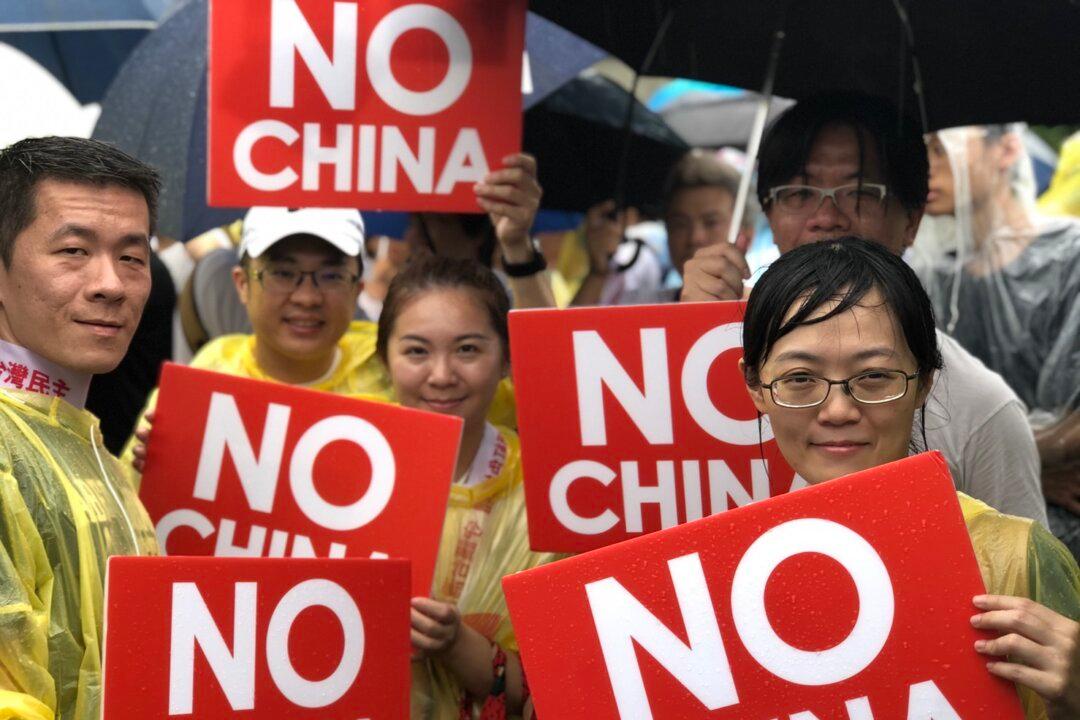Taiwanese prosecutors indicted six members of the Chinese Unity Promotion Party (CUPP), a pro-Beijing organization, including its president, for accepting undeclared funds from China among other violations.
Taipei’s District Prosecutors charged Chang An-le, the president of CUPP, and five other CUPP members on Aug. 13 with violating the Political Donations Act and Banking Law, document forgery, business encroachment, and tax evasion.





